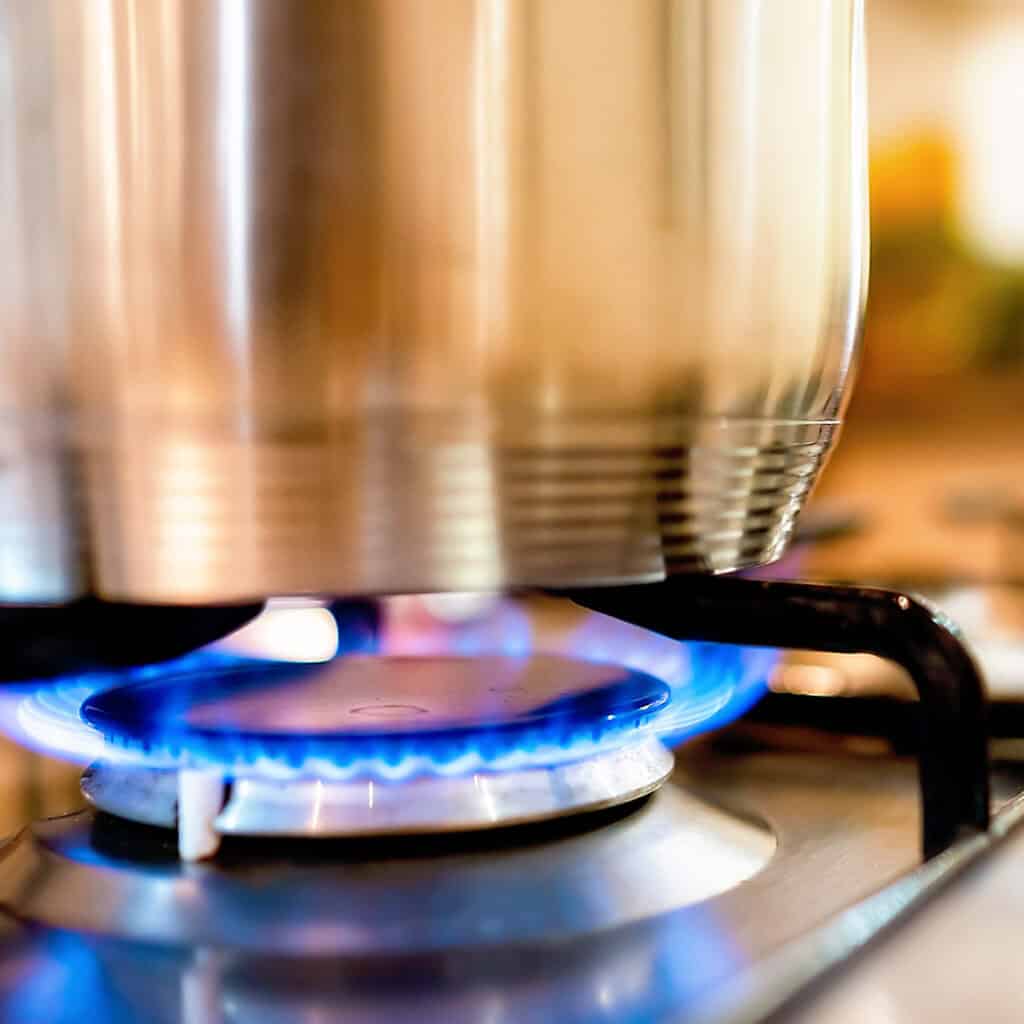Gas stoves have become a hot topic lately, with some people claiming that they cause harm and indoor pollution. While gas stoves have some benefits, such as heating up and cooling down quicker than their electric counterparts and offering the ability to char food directly on the flames, they may no longer be the gold standard in the kitchen they once were.
Why are People Concerned?
- A series of lawsuits were filed against gas stove manufacturers by consumers who felt strongly that they should have been warned about potential health risks.
- New York passed a law in 2023 outlawing the use of gas stoves in new homes and apartments.
What are the Issues?
- One key issue was the presence of nitrogen dioxide, which is also present in smog.
- The American Medical Association stated that gas stoves increase household air pollution and the risk of developing childhood asthma.
- Gas stoves can leak methane gas, even when turned off.
- Gas stoves can emit benzene, which has been linked to cancer.
- While there are emissions standards for outdoor exposure, no such standards exist for indoor exposure. This means that there are no guidelines for how much exposure to these chemicals indoors is safe versus unsafe.
- Living in a smaller space (e.g., an apartment or small home less than 800 square feet) can exacerbate the effects of the gas exposure.
Using Gas Stoves Safely
- Use proper ventilation
- Use the vent hood whenever cooking with the stove– even if just warming something up in the oven or boiling water. And make sure the vent vents to the outside.
- Cook with a window open if your vent hood doesn’t vent to the outside (or if you’re unsure).
- Running a small fan or air purifier won’t remove all the gases released into the air, but it will help. Make sure any air purifier you use has a HEPA filter.
- Reduce the time you spend at the stove by using other electronics (e.g., slow cooker, electric kettle, etc.).
- If you’re really worried, you can buy a commercial gas detector (Good Housekeeping has a ranking of the best detectors, which you can find here. They range in price from $30-$200+).
- If you smell gas, leave immediately and call your gas company!
Replacing Your Gas Stove
- The Inflation Reduction Act offers rebates of up to $840 for buying new electric appliances.
- The Home Energy Rebate also offers up to $840 for purchasing an electric stove or cooktop.
- The Home Energy Loan Program provides loans to homeowners for improvements, including renewable energy. The most common residential improvements include insulation, air sealing, furnace or boiler replacement, windows, energy-efficient roofs, and appliances. Improvements that are not energy related can be included in the financing if the improvement is necessary to complete a qualified energy project.
- Section 504 Home Repair Program provides loans to very low income homeowners and older adults (age 62+) to remove health and safety hazards from their home.






